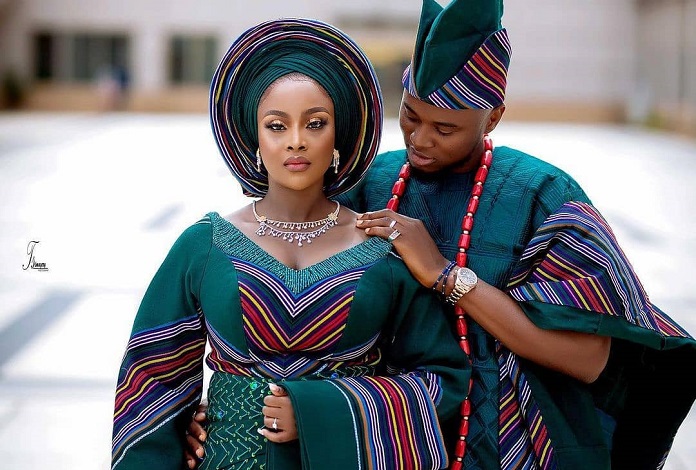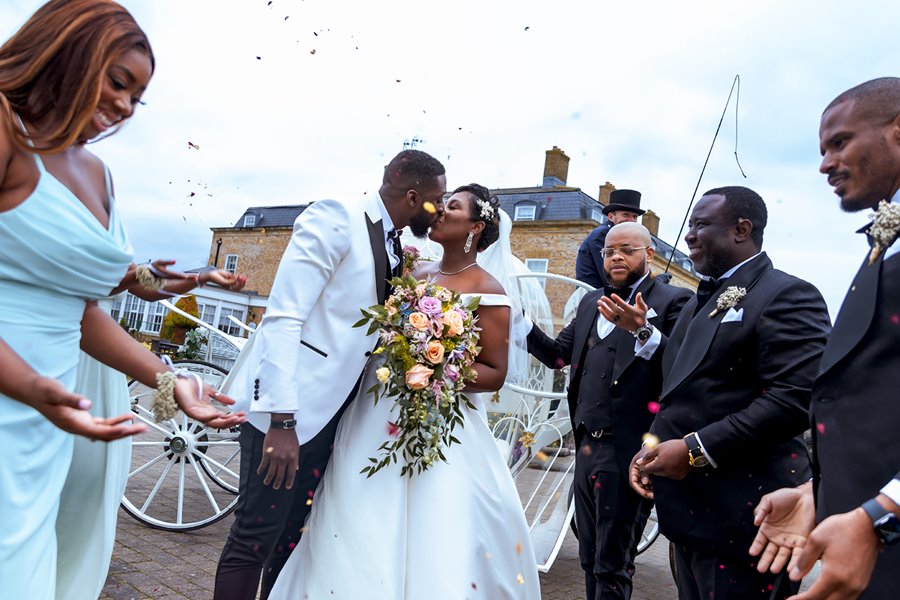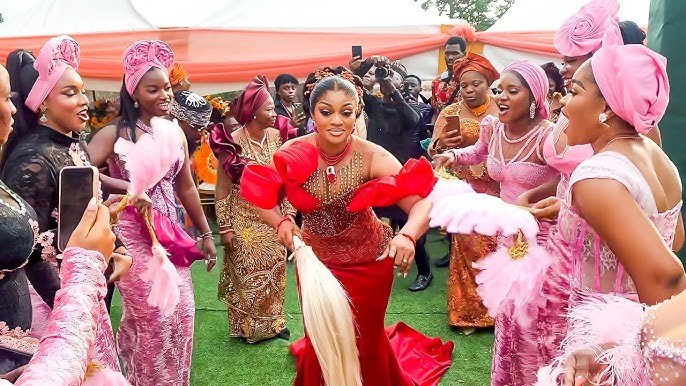Planning a wedding is no small feat, especially in Nigeria, where weddings are often more than just a union of two people; they are cultural celebrations that bring families and friends together. With rising costs and the expectation to host an elaborate affair, organizing a wedding that aligns with your budget and dreams can feel overwhelming.
From the vibrant colours of the traditional wedding to the elegant charm of the white wedding, Nigerian weddings are renowned for their grandeur. But with proper planning, you can create a memorable and beautiful wedding without draining your savings.
Why Wedding Planning Matters in Nigeria
In Nigeria, weddings are not just about the bride and groom; they are family events filled with rich traditions, celebrations, and a sense of community. Many weddings extend over multiple days, involving introductions, traditional rites, and white wedding ceremonies.
To pull off such a large-scale event, good planning is essential. Here’s a step-by-step guide on the Nigerian wedding planning tips:
Engagement and Pre-Wedding Preparations
1. Reflect on Your Relationship
Before you pop the big question, ensure you and your partner are on the same page about marriage. Discuss plans, values, and goals.
2. Choose the Right Engagement Ring
Pay attention to your partner’s jewellery style and preferences. If unsure, discreetly seek advice from close friends or family. Borrow a ring to determine the size or consult a jeweller for assistance.
3. Plan a Memorable Proposal
Choose a location meaningful to your relationship, such as where you had your first date or a favourite getaway spot. Personalize the experience with elements unique to your relationship, like a favourite song or a heartfelt note.
Pro Tip: Plan the logistics. Book reservations, secure permissions, and arrange for a photographer or videographer to capture the moment.
4. Begin Initial Wedding Planning
Once engaged, sit together to decide on themes, colours, and clothing preferences. Remember that wedding planning often involves input from both families, so be ready for discussions.
Wedding Planning Step-by-Step Guide
1. Budgeting and Initial Planning
Start by setting a realistic budget. Ask yourself:
• How much can we afford to spend?
• Will we receive financial support from family or friends?
• Do we want a traditional wedding, a white wedding, or both?
Create a guest list to determine the scale of the event. A smaller guest list can significantly reduce costs.
2. Introduction and Engagement Formalities
The introduction ceremony is a vital part of Nigerian culture, where both families meet and approve the marriage. Learn about each other’s customs, norms, and religious practices beforehand to avoid surprises.
Choose a wedding date that works for both families and aligns with cultural or religious requirements.
3. Venue Selection and Vendor Booking
• Venue: Book early to secure your preferred location. Check for essential amenities like parking, ventilation, and accessibility.
• Vendors: Research and hire caterers, decorators, photographers, videographers, makeup artists, and DJs. Review portfolios and get recommendations before making final decisions.
4. Legal and Administrative Requirements
Schedule your legal wedding at a registry and ensure you have all necessary documents, such as birth certificates and affidavits.
5. Pre-Wedding Events
Plan your pre-wedding shoot, bridal shower, or bachelor’s party to capture memories and celebrate with close friends. Use these photos for invitations or wedding decor.
Traditional Wedding Planning
Traditional weddings in Nigeria are rich in culture and heritage. To plan yours:
• Choose attire in vibrant fabrics like aso-oke, ankara, or lace.
• Gather traditional items such as kolanuts, palm wine, and gifts required for the ceremony.
• Arrange the sequence of events, including traditional rites, speeches, and dances.
White Wedding Planning
For a white wedding:
• Select your gown, suit, and accessories. Ensure fittings are done well in advance.
• Book transportation for the bridal party and arrange accommodations for out-of-town guests.
• Send out invitations early and confirm RSVPs.
Final Preparations
• Rehearsals: Conduct a rehearsal to ensure everyone knows their roles.
• Emergency Kit: Prepare a kit with safety pins, a sewing kit, and first aid supplies for unforeseen situations.
• Delegate Tasks: Assign trusted family or friends to oversee specific duties on the wedding day.
On the Wedding Day
The big day is finally here!
• Stay calm and focus on enjoying every moment.
• Ignore minor mishaps; instead, immerse yourself in the joy of the day.
• Celebrate with your loved ones, create memories, and cherish this beautiful chapter.
Post-Wedding Activities
• Thank You Notes: Show gratitude to your guests, families, and vendors.
• Honeymoon: Plan a relaxing getaway to unwind and celebrate your new life together.
Final Thoughts
Planning a Nigerian wedding is undeniably a significant task, but with careful preparation and attention to detail, it can become a truly memorable and fulfilling journey. From choosing meaningful traditions to creating joyful moments with loved ones, the key is to prioritize what truly matters: celebrating the love and commitment you share with your partner.
Keep in mind that the size or scale of your wedding doesn’t define its success. What truly makes it special are the genuine connections, cherished memories, and the love that fills the atmosphere. Embrace the process, stay flexible when challenges arise, and focus on making the day a beautiful reflection of your relationship and values.


















